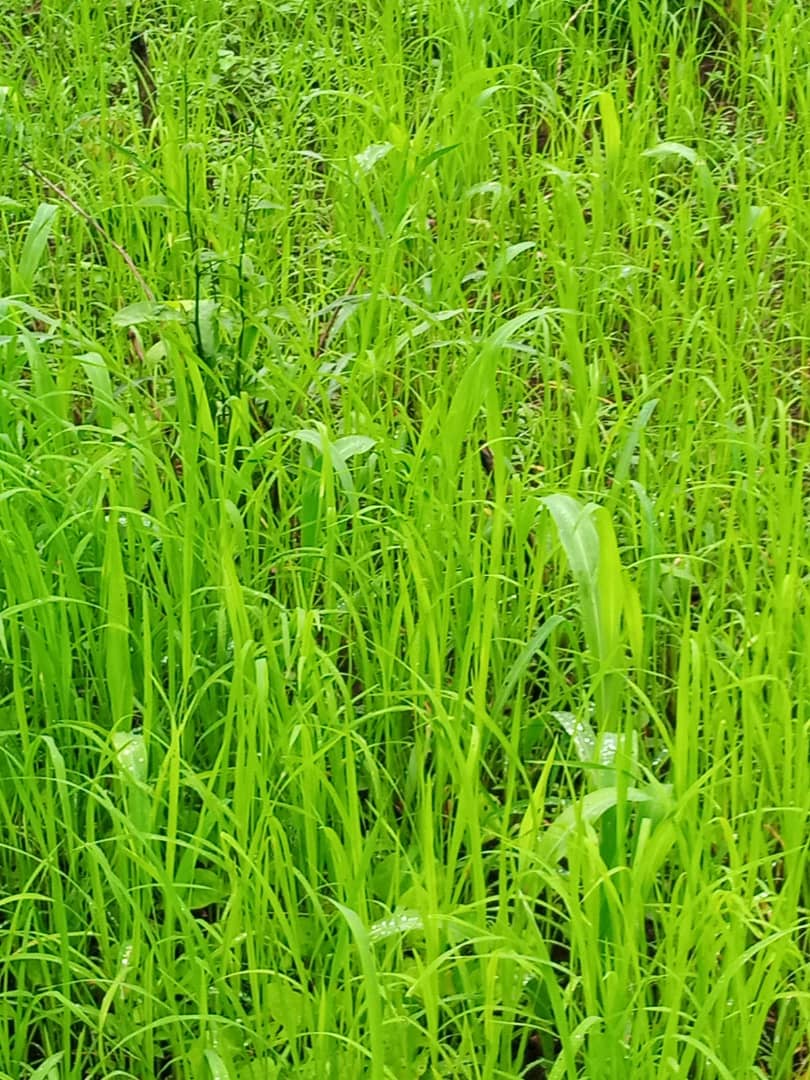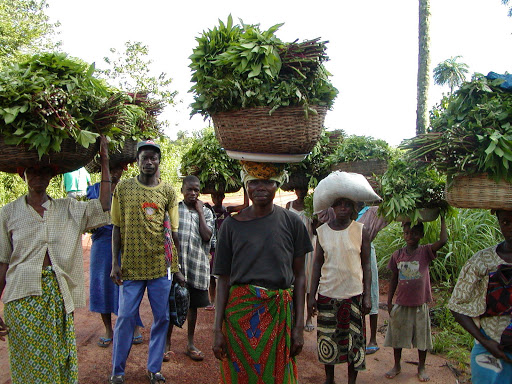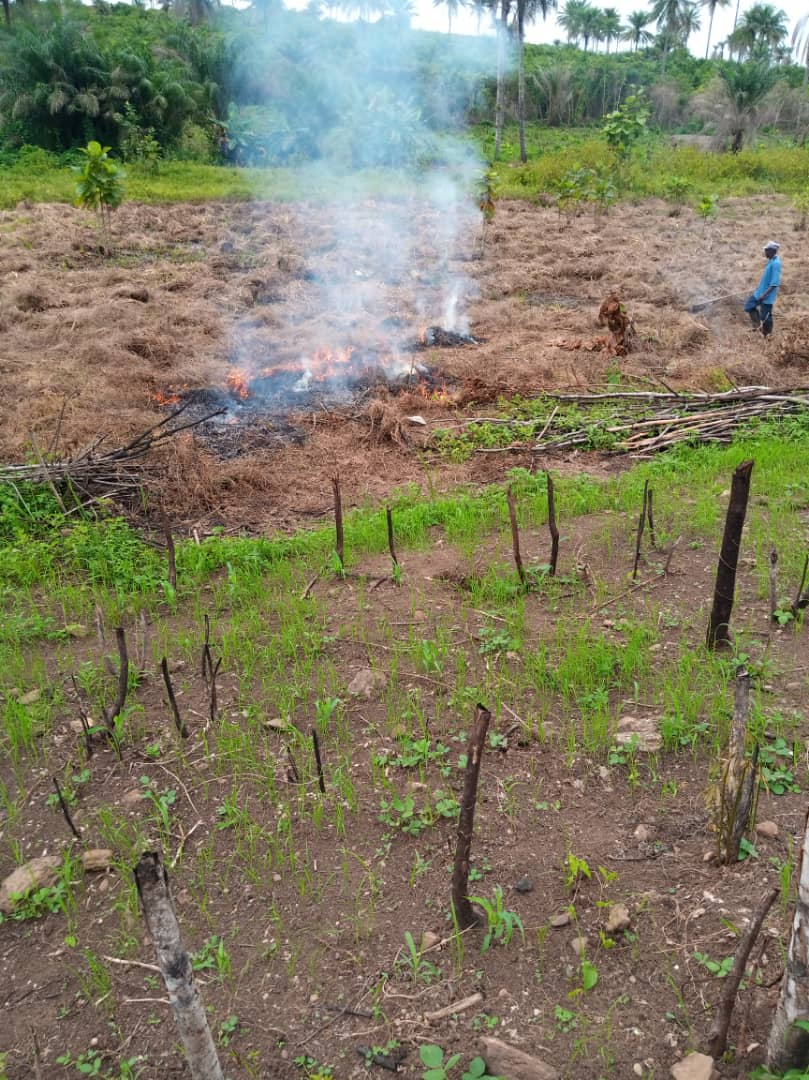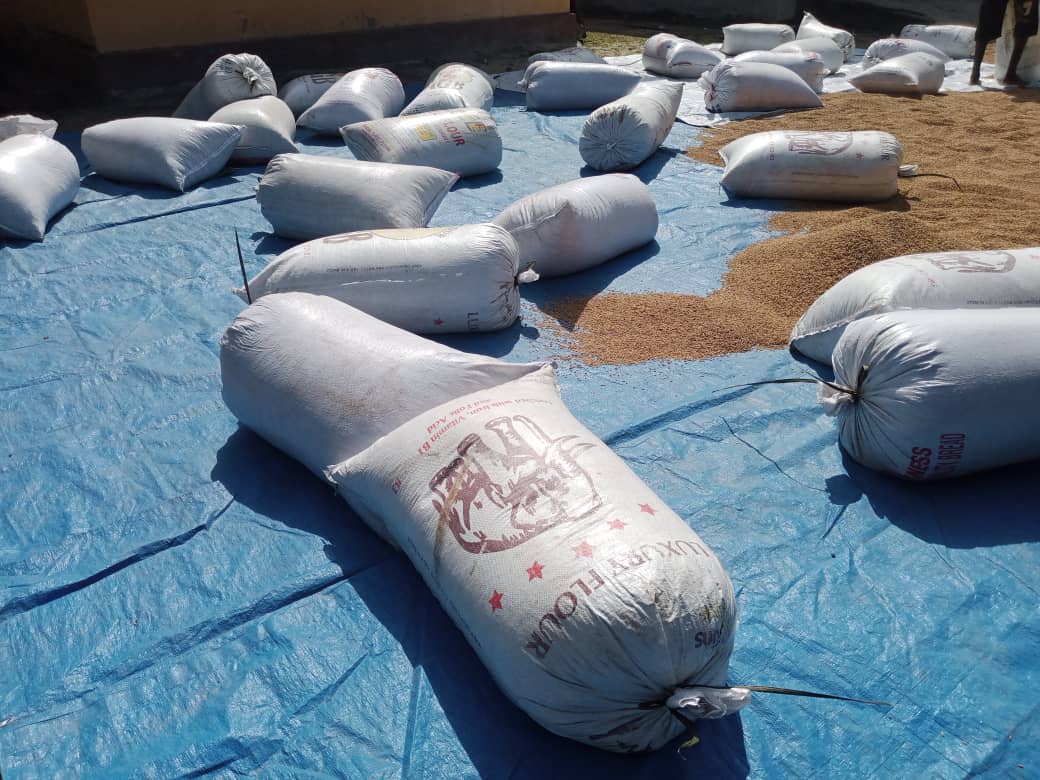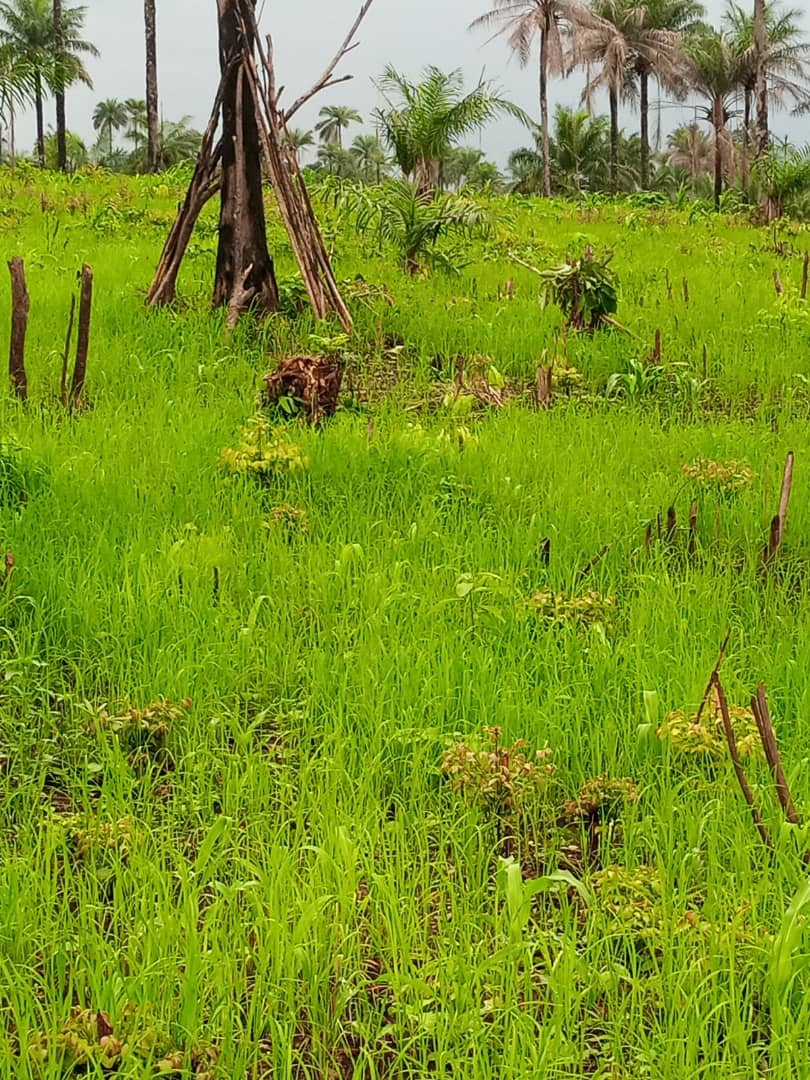AGRICULTURE
Agriculture in Africa drives economic development and gross domestic product (GDP) growth, industry growth, and global trade while enhancing the quality of life and providing jobs. The agricultural sector accounts for 32% of the GDP growth and two-thirds of employment in Sub Sahara Africa.
In the heart of Sierra Leone's rural tapestry, a transformative wave sweeps across the agricultural landscape, heralding a new era for farming communities. With the introduction of sustainable farming techniques, fields that were once vulnerable to the whims of nature are now flourishing with resilient crop varieties and innovative irrigation systems. The air buzzes with a renewed sense of purpose as farmers, equipped with tools and knowledge previously beyond reach, gather in newly formed cooperatives to share insights and resources. These collectives serve not only as a means to pool resources but also as a forum for empowering farmers through shared knowledge, thereby enhancing crop yields and securing food for their communities.
The ripple effect of these agricultural advancements is profound. Markets brim with the bounty of the fields—colorful displays of fruits and vegetables, grains, and legumes—all cultivated on the once barren lands. This abundance not only nourishes the local communities but also boosts the local economy by creating jobs and opening new market opportunities. Children, once tasked with laboring in the fields under harsh conditions, now attend school, thanks to the increased efficiency and profitability of farming. The transformation of these farming communities fosters a sustainable cycle of growth and education, promising a future where prosperity is cultivated from the soil and shared by all.

